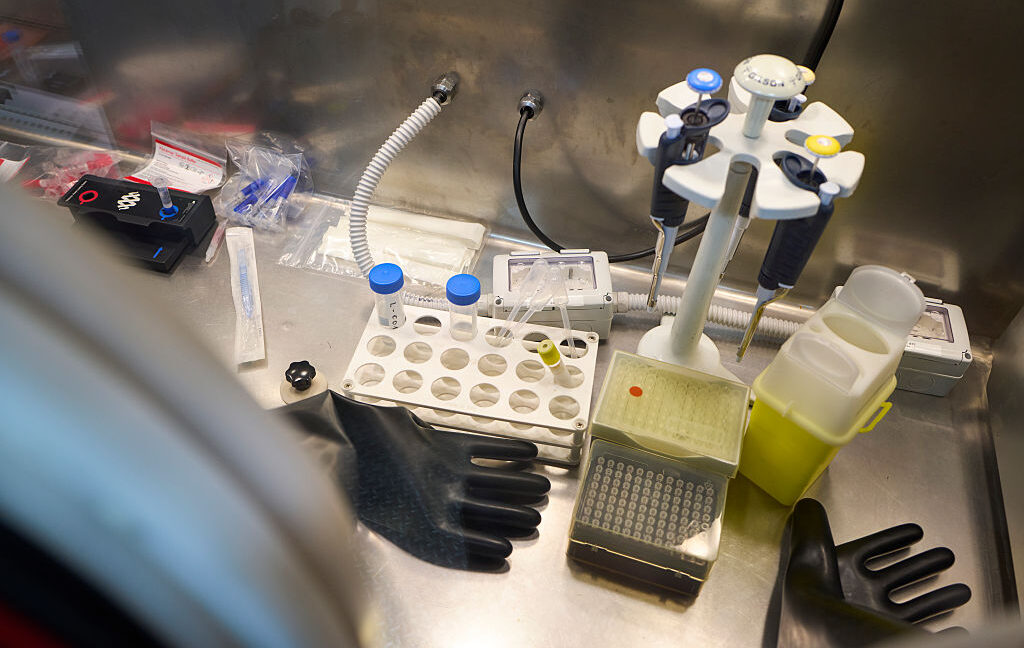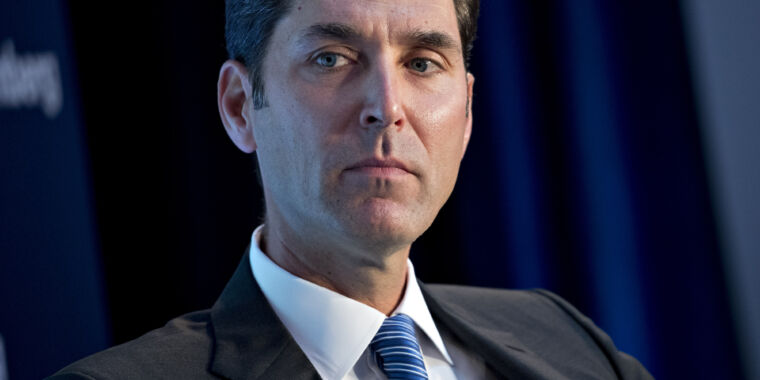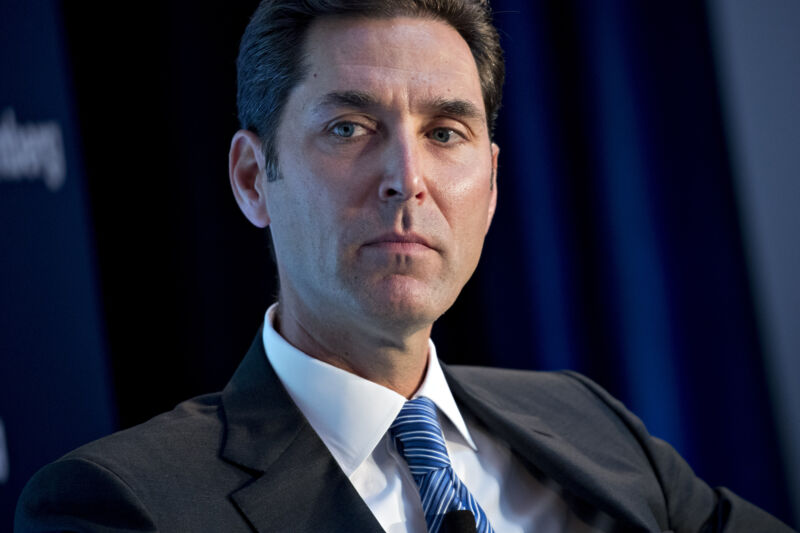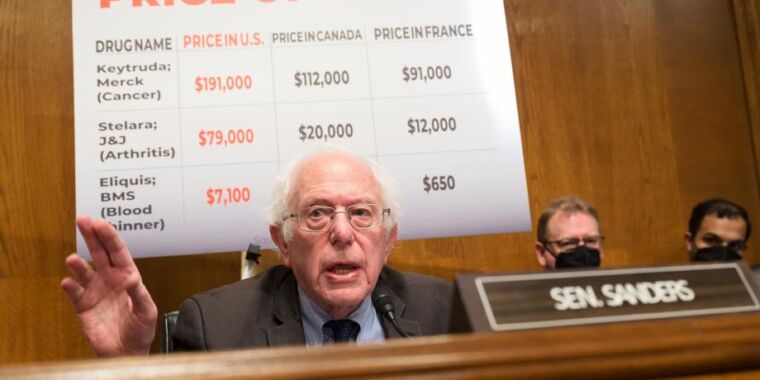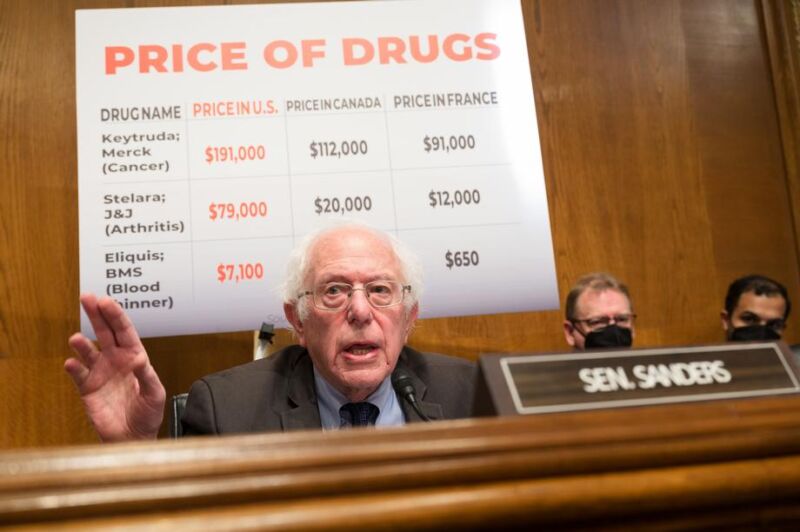Study: Planned budget cuts would hurt drug development badly
It turns out that nearly 60 percent of the patents cite NIH-funded research. And here, the at-risk grants put in a very good showing, with just over half of the patents citing at least one at-risk grant. Note that many grants will have citations from both categories; to get a better sense, the researchers looked for patents where at least a quarter of the papers cited arose from NIH-funded research. For any grant, that number was a bit over 35 percent; for at-risk grants, it was about 12 percent.
Looking at specific examples, the researchers found that some of the approved drugs that relied on at-risk research were used for cancer treatments and genetic disorders. In other words, treatments that are likely to have a significant impact on public health. There are a couple of reasons to think that this is an underestimation of the impact, as well. To begin with, their source data on funding priorities stops at 2007, leaving a roughly 15-year gap where research funding can’t be analyzed, but patents are still being filed.
In addition, drugs are just a small part of the potential impact of NIH research. “We excluded a wide range of important medical advances that may also build on NIH-funded research,” the researchers acknowledge. “These include vaccines, gene and cell therapies, and other biologic drugs; diagnostic technologies and medical devices; as well as innovations in medical procedures, patient care practices, and surgical techniques.” Beyond the obvious implications for public health, these sorts of patents can result in lots of economic activity, including the launching of entirely new businesses.
Beyond informing current debates about science funding, the research makes a larger point about scientific progress. We tend to focus on the major leaps forward and the high-profile scientists that drive them, as the upcoming Nobel Prizes highlight. But the reality is that most advances, especially in biology, are built on a broad intellectual foundation of lower-profile work that may require years for someone to find a way to apply it to anything patentable. Broad cuts like these may mean that the scientific superstars will still walk away with grants, while leaving a field devastated by having parts of this foundation knocked out from under it.
Science, 2025. DOI: 10.1126/science.aeb1564 (About DOIs).
Study: Planned budget cuts would hurt drug development badly Read More »
